Mixed Martial Arts fighter Arnett teaches, inspires many in Lewiston-Clarkston Valley
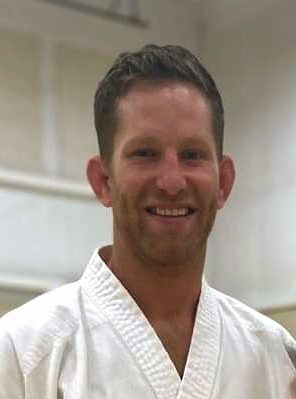
Austin Arnett
Austin Arnett is a lightweight Mixed Martial Arts fighter living and teaching in Lewiston. He has fought in the Ultimate Fighting Championship, and he won his most recent fight at Front Street Fights 24 in Boise, against Nathan Stolen. In Lewiston he also runs Arnett’s Martial Arts America on Thain Road, where he is a sensei and teaches karate, MMA, martial arts, kick-boxing and jiu jitsu. The Bengal’s Purr sat down to talk with him about competing and teaching the next generation of fighters.
Bengal’s Purr: How do you think growing up doing karate has affected you as a person?
Austin Arnett: A lot of ways. I think martial arts training teaches a lot of life skills, but one thing that has helped me the most would be discipline. Karate training — martial arts training — takes years of practice to reach a certain level. Black belt level takes years and years, and it’s different from other sports where it’s seasonal, so you play football for three months, and then you are off till next year. This is year-round, and you have to train consistently, or you fall behind. So being disciplined to show up every week, multiple times a week, and put multiple hours in every week, year-round, year after year — that teaches a lot of discipline that a lot of kids don’t have. It’s something that was ingrained in me from my dad [the late Frank Arnett].
BP: Do you think karate is a lifetime sport?
AA: I think, yeah, ideally, it should be. It’s a sport that, even as you get older, you can do. It’s kind of like golf. You start golfing at a very young age, and you keep golfing all the way into your 60s and 70s. Karate is the same way. You might not be able to train the exact same way that you did when you were younger, but you are still able to train for your entire life. My dad was in his 60s, and he was still training actively in martial arts. He did it basically his whole life, where he started at eighteen. [. . .] I definitely think it’s a lifetime sport.
BP: What motivates you to be sensei and teach other kids?
AA: I like watching kids or adults come in not having any experience in martial arts, and then watching them evolve. [I like] seeing how much they grow, not only in their skills but in their mentality, their personalities and their confidence. [. . .] A lot of kids who come in and are timid and shy, and you watch them after years of training. That [shyness] is gone usually by the end.
I remember you and your sister being very timid and quiet and shy when you first started, and now [. . .] you are a lot more confident in yourself. [What] motivates me and makes me the most excited is watching kids grow, not only in their skills, but in their personalities and the way they conduct themselves inside the dojo and outside the dojo.
BP: What would you tell high schoolers that think they are too old to start doing a sport like karate?
AA: I would say it’s never too late. We have adults that start in our karate program, [and] also [our] jiu-jitsu and mixed martial arts. People start at different ages all the time, so there is never a wrong time to start. You can start young, but some kids aren’t ready [then]. Sometimes they need to be a bit more developed before they can start training. There is never any right time or wrong time. Everybody [here] is very outgoing and nice, our higher ranks love to help the lower ranks, show them what to do, and after a month or so of training they are a part of the team. They’re involved with everybody and I think that’s a testament to the people we have training with us.
BP: What made you love karate and fighting enough that you made it your career? Not many people would go out there and get hit.
AA: Well, that’s all because of my dad. I was born into this. My dad owned the school, taught, fought, everything. So I didn’t really have an option at a young age; this is just what I did. [ . . .] This is all I’ve ever really known, all I’ve ever really wanted to do.
I remember being in high school and junior high, and everybody was like, “I dunno what I’m gonna do when I grow up,” and I was like, “Well, I know what I’m gonna do.” It was never really a question. [ . . .]
It’s all because of my dad. I looked up to him a lot. He was my father, my mentor and my best friend, and I pretty much always wanted to be my dad. [. . .] He taught martial arts, and he fought and competed when he was younger. So to be like my dad, I had to do what he was doing.
BP: Even though karate can be an individual sport, what kind of community can it bring to students?
AA: We’re kind of a family here, and I think everybody in here is very encouraging and helpful. Part of the journey is giving back as you graduate to higher ranks and become a black belt.
We’ve had quite a few teenage black belts over the last year or so. Part of their job is now to give back to the next generation. That develops a bond with everybody and a family environment where people are not only training for themselves, but they are also training to give back and help other people reach their goals. I try to help push people to be helpful to everybody else so we can all grow.
There are a lot of kids in a class. I can’t give a ton of attention to each student; I give a little bit to everybody. But it’s important for the other students to help the lower ranks out. That creates a family environment and a community and a real team atmosphere.
BP: Something a lot of kids wanted to know was why are you still living in the valley?
AA: When I was your age and in high school, I always kinda thought that I wanted to move away. I wanted to live in a bigger city or just somewhere else, and I got to experience a lot of other cities.
When I was training for fights a lot more and in the UFC and traveling a lot, I got to spend a lot of time in different cities. I lived in Vegas for a couple of months, training, and [in] Spokane, Seattle and Portland. … I traveled across the country, [and to] Australia and Argentina.
I experienced a lot of different parts of the world, and I realized how special the valley is to me. I realized how great of a place it is to raise a family. I love the people here. I like the smaller town [ . . .] I got out there a little bit, and I realized how important this town was to me.
Also, my dad built something so great here and changed so many people’s lives. He was thought of as a really great person in this valley, and when he passed away, it solidified to me that my purpose here was to stay here and continue building what he had built for so many years. I couldn’t just leave all of these students here and not let them continue their journey. It solidified what my purpose was, and my purpose was here and trying to help young lives and older lives, and everybody… [to be] the best they can be.
BP: Do you have any closing thoughts?
AA: If you are thinking about training in martial arts and you have any thoughts about it at all, you should act on it because I think that it changes people’s lives. It’s good for everybody, no matter if you are an athlete, a non-athlete, whatever. It’s good for everybody.

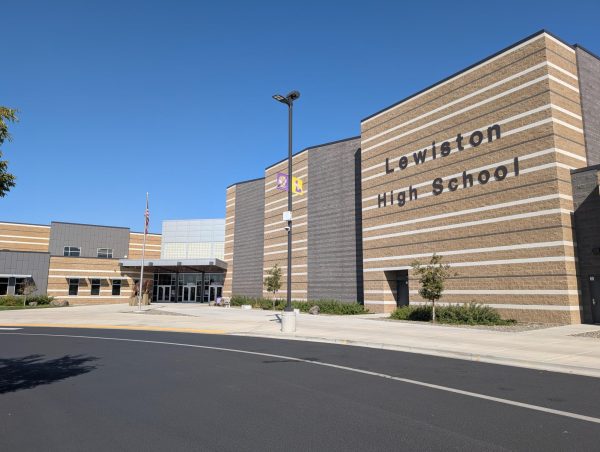

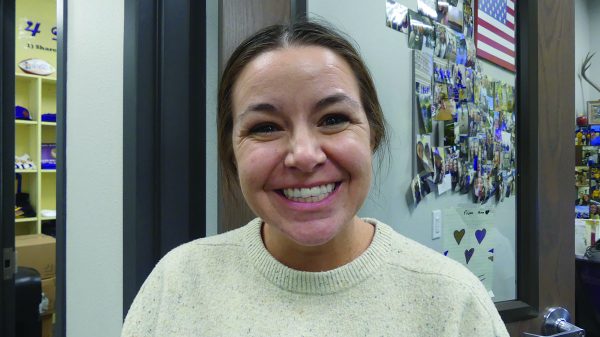
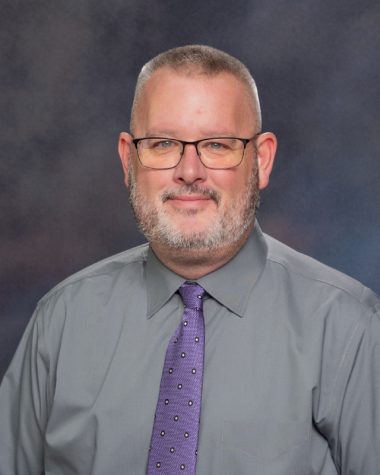
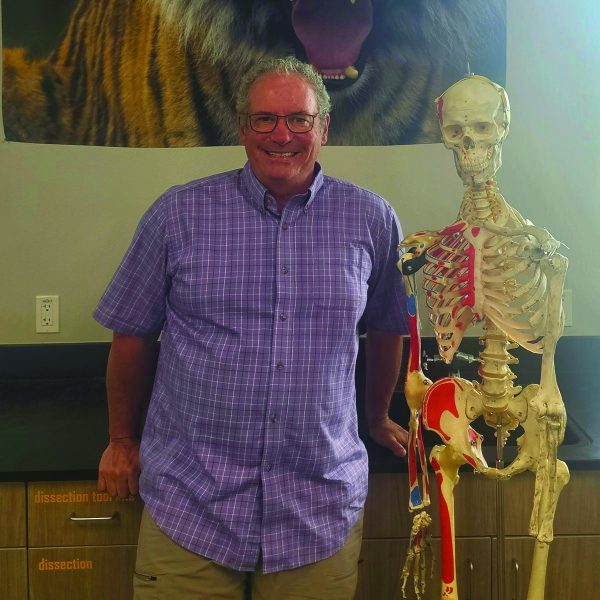
Brooke • Mar 24, 2023 at 11:06 AM
Great interview Kin! Best Sensei in town!